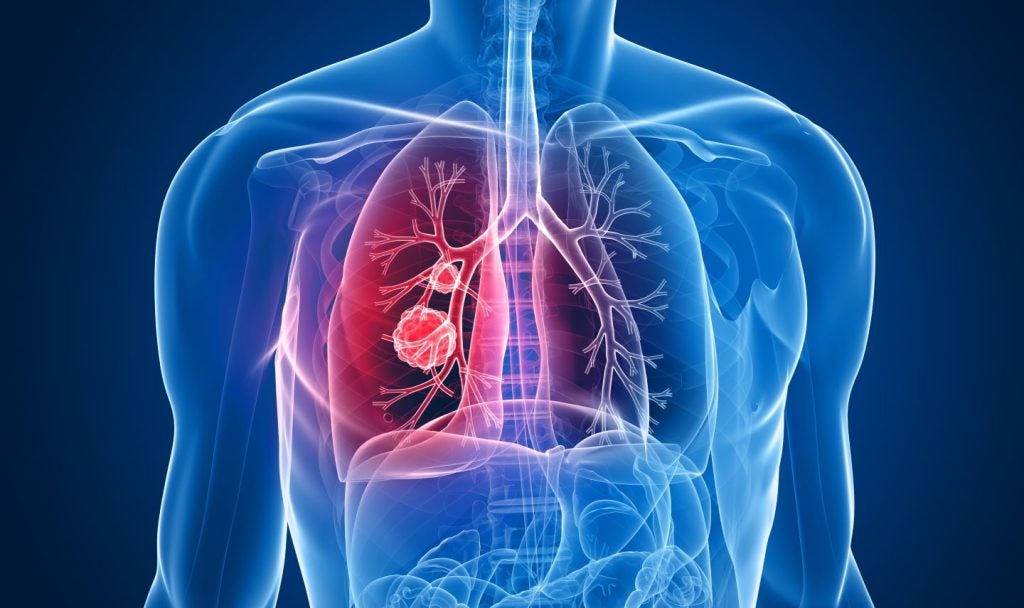
Emalex Biosciences has reported data from the Phase IIb D1AMOND clinical trial of ecopipam in Tourette syndrome.
The multicentred, placebo-controlled, randomised, global trial involved over 150 children and adolescents with Tourette syndrome.
In the trial, the mean change in the Yale Global Tourette Severity Total Tic Score was the primary outcome.
Published in the journal Pediatrics, the findings showed that ecopipam reduced the total number of tics by 30%, compared to a placebo, from baseline to week 12.
The ecopipam treated group also had improvements in the Clinical Global Impression of Tourette Syndrome Severity, which was the key secondary outcome of the trial.
See Also:
The study participants did not have observable evidence of excessive weight gain, adverse movements, or metabolic side effects, which are commonly reported with antipsychotic agents frequently used to treat Tourette syndrome patients.
How well do you really know your competitors?
Access the most comprehensive Company Profiles on the market, powered by GlobalData. Save hours of research. Gain competitive edge.

Thank you!
Your download email will arrive shortly
Not ready to buy yet? Download a free sample
We are confident about the unique quality of our Company Profiles. However, we want you to make the most beneficial decision for your business, so we offer a free sample that you can download by submitting the below form
By GlobalDataSomnolence, insomnia, fatigue, and headache are the most common adverse events related to ecopipam observed in the study.
Cincinnati Children’s Hospital movement disorders specialist Donald Gilbert and the D1AMOND study principal investigator said: “Most people don’t realise that tics can cause pain and injury, as well as significant social stigma and emotional distress.
“We see many children and teens whose symptoms of Tourette syndrome interfere with their daily activities, including their schoolwork. There is an urgent need for safer and more effective treatments.”
Dopamine-1 receptor antagonist ecopipam is being studied as a potential treatment for certain central nervous system disorders and blocks the neurotransmitter dopamine actions at the D1 receptor.
Emalex Biosciences raised $250m in a Series D funding round in November last year to fund a Phase III clinical trial, as well as the potential commercialisation of ecopipam.
More than 220 participants across nearly 90 sites are anticipated to be enrolled in the planned ecopipam Phase III trial.







